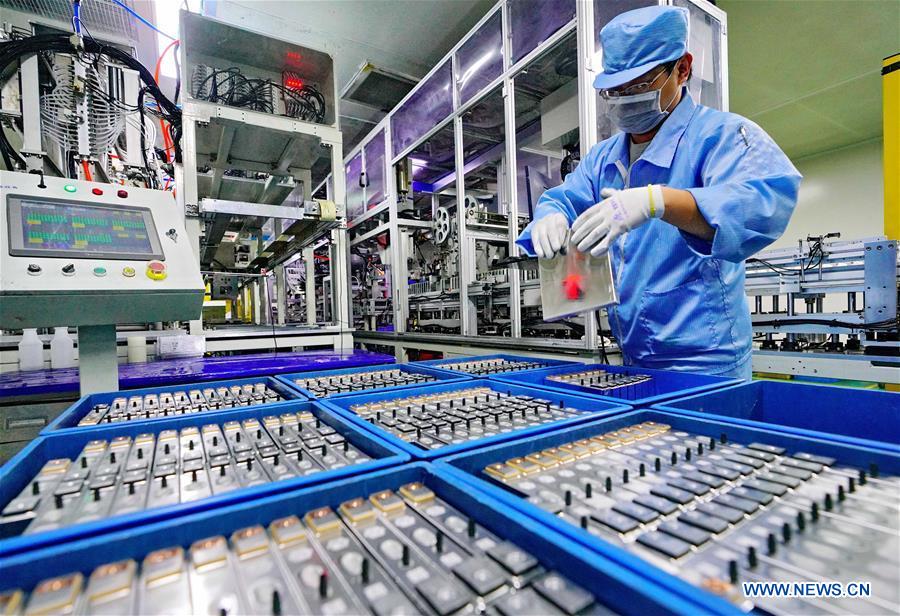China's economic outlook is 'stable': Moody's
 0 Comment(s)
0 Comment(s) Print
Print E-mail China Daily, July 5, 2019
E-mail China Daily, July 5, 2019

International rating agency Moody's said China's overall economic outlook is "stable", giving the country an unchanged rating of "A1" in the face of headwinds from trade tensions, the company announced on Thursday.
China's large fiscal and foreign exchange reserves and the government's measures to stem financial risks have been crucial to maintaining the stable sovereign rating, according to Moody's.
The agency could upgrade China's sovereign rating in the future, on condition that structural reforms limit the downside risk of medium-term growth in the coming years, as well as stem the rise in public sector leverage, said a statement from the company. Moody's adjusted China's sovereign rating to A1 from Aa3 in May 2017.
"Evidence of increasingly effective coordination within the public sector to achieve key policy objectives and address emerging financial stress would be a credit positive signal of such an outcome," it said.
The agency expects Sino-US trade tensions may further complicate the Chinese government's decisions on balancing its growth and deleveraging objectives.
Despite additional policy stimulus, the country's GDP growth is likely to moderate to 6.2 percent this year and to six percent in 2020.
If trade tensions escalate, Moody's assumption is that the Chinese authorities will respond by providing policy support.
"The A1 rating reflects Moody's assumption that, while it is likely to be tested periodically, the effectiveness of China's policy and its financial capacity to maintain economic and financial stability will remain," the rating agency said.
"The government's commitment to reducing leverage remains clear, and deleveraging and de-risking measures have demonstrated their effectiveness when economic conditions allow," according to Martin Petch, vice president and senior credit officer of Moody's Investors Service Singapore Pte Ltd.
Since 2017, the shadow banking sector has shrunk rapidly, with a deleveraging State-owned enterprises sector.
Besides, reducing overcapacity in the steel and coal sectors and some progress toward greater transparency of debt and contingent liabilities for regional and local governments support Moody's view that authorities remain committed to reducing leverage and addressing the main sources of financial risks, said the statement.
The government has announced an increasingly broad and significant range of stimulus measures to offset negative economic impacts from the Sino-US trade disputes and tighter credit availability.






Go to Forum >>0 Comment(s)